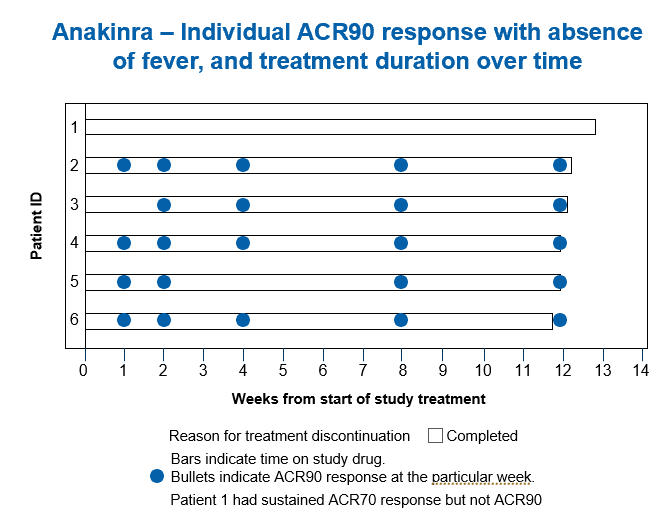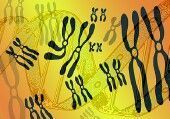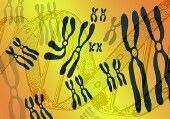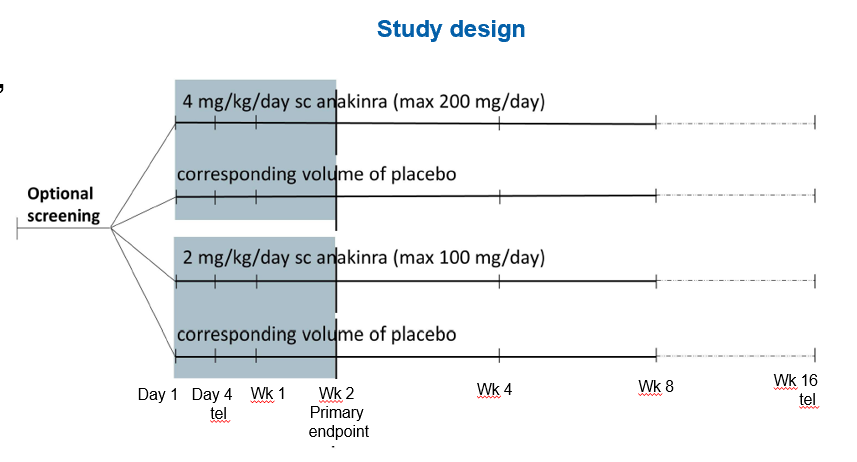All News
ACR20 - Autoinflammatory & Still's Disease Panel
This podcast features a discussion of autoinflammatory and Still's disease abstracts from virtual ACR 2020. Dr. Jack Cush is joined by a panel of experts including Drs. Olga Petryna, Bella Metha and Michael Ombrello.
Read ArticleUndifferentiated Autoinflammatory Syndrome Called VEXAS
Saturday's session on autoinflammatory syndromes featured Dr. Dan Kastner addressing - The Adult with Undifferentiated Autoinflammatory Disease.
Read ArticleThe folly of dietary restriction in contemporary gout?
Gout has historically been considered a disease of the financially rich, rich in diet, and rich in alcohol.
Read ArticleRheumatology Round-Up with Drs. Kavanaugh & Cush
The Annual Review of Best ACR 2020 abstracts featuring Drs. Cush and Kavanaugh filmed on the last day of Virtual ACR 2020 Nov. 9, 2020. Watch now!
Read Article
Diagnostic tools in autoinflammatory syndromes
With broader awareness about the disease state, early diagnosis and treatment in autoinflammatory syndromes, and its life threatening complication Macrophage Activation Syndrome, remains a huge unmet need.
Systemic Sclerosis and Physical Therapy
Systemic sclerosis (SSc) is a chronic fibrosing disease currently with no available cure.
Read Article
Links:

Peter Nash drpnash ( View Tweet)

Links:

Links:

#BestACR20Tweets RT @KDAO2011 : FDA updates 6/16/20 canakinumab for AOSD 5/29/20 ixekizumab for nr-AxSpa 80 mg q4wks 3/9/20 nintedanib for progressive ILD 1/29/20 and 6/16/20 secukinumab nr-axSpa 150 mg q4wks, AS 300 mg SQ q4weeks 1/17/20 belimumab label for black pts removed
Dr. John Cush RheumNow ( View Tweet)

Links:

Links:

Dr. Olga Petryna ( @DrPetryna) recaps diagnostic tools in autoinflammatory syndromes as discussed at #ACR20. Read more via the link below. https://t.co/f3xztYzGo1 https://t.co/l9rE964nyp
Links:

Chris Wincup chriswincup ( View Tweet)

Links:

”Somatic mutation (in UBA1) may account for a significant fraction of adult-onset inflammatory disease” says Dr. Dan Kastner. Have you seen VEXAS in your clinic? #ACR20
Dr. Rachel Tate uptoTate ( View Tweet)

Dr. John Cush RheumNow ( View Tweet)

Michael Ombrello MichaelOmbrello ( View Tweet)










